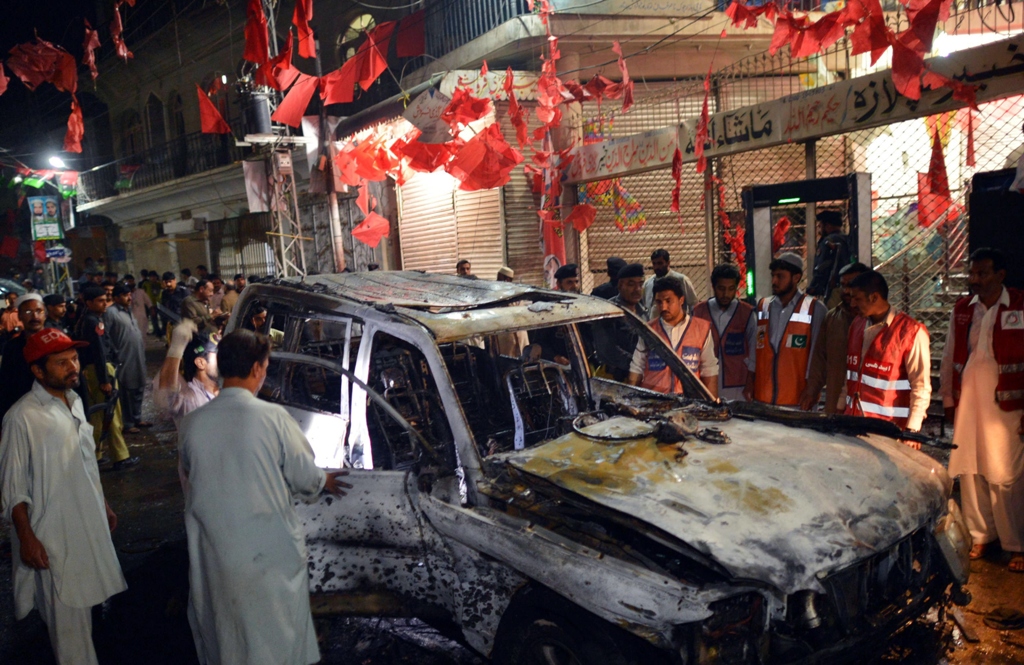
“Who decides Pakistan’s future government?” asked a contemplative Afrasiab Khattak, the provincial president of the Awami National Party (ANP). He answered his query rhetorically, breaking the silence of the room with a stifled laugh, “Is it the Taliban? What message are we sending across the globe?”
This year’s electioneering is perhaps the bloodiest the country has ever witnessed. ANP’s website displays an ever-expanding list of ‘martyrs’ as there is no let-up in attacks targeting party workers and candidates.
Since March 30, there have been 23 attacks on the party, one in Balochistan, 18 in Khyber-Pakhtunkhwa (K-P) and four in Karachi. The list is yet to mention Sadiq Zaman Khattak’s name, a candidate who was shot dead on Friday.
Khattak believes that ANP has been singled out because the party supported military operations against the militants.
“We are the first to own this war. It’s our war,” he argues. He says that the Federally Administered Tribal Areas (Fata) were not their jurisdiction while ‘Taliban apologists’ who stigmatise the ANP for not eradicating militancy tend to forget that the party supported the Swat operation.
Although campaigning has been next to impossible in Khyber-Pakhtunkhwa (K-P), including Peshawar, Khattak is hopeful that ANP will do well.
In Bacha Khan Markaz – the party’s main office – former K-P information minister Mian Iftikhar Hussain said: “If they think I will lose [the elections] anyway, why don’t they let me campaign?” he asked, as he fixed his laptop to address workers in his constituency via Skype. Security threats have forced the former minister to become tech-savvy.
Hussain said the attacks on ANP were expected. He explained that there was a three-pronged strategy in place to ‘influence’ the elections, two of which – attacking candidates and postponing the polls – have failed. The third, the impact on the turnout at polling stations on May 11, is yet to be ascertained.
“We will accept the results, but the democratic process should not be held back.”
ANP believes that elections in K-P and the recent bomb blasts have a relation with the changing geo-political landscape in Afghanistan. But ANP is not the sole victim of targeted attacks. MQM and PPP are also victimised.
The Taliban is clear with its agenda. In a letter sent to a journalist, Tehreek-e-Taliban Pakistan chief Hakimullah Mehsud announced a “political victory”, hinting towards a larger scheme.
According to official statistics, there have been 48 bomb blasts, including three suicide attacks. Most of these were targeted towards political rallies or campaigns. ANP bore the brunt of a majority of the attacks.
It’s the responsibility of the state to protect the candidates but unfortunately it has failed, Khattak said, commenting on the security for the election campaign.
“We have no intention of forming militias for our protection, otherwise we will cease to be a political party and become a Lashkar.”
Published in The Express Tribune, May 4th, 2013.
COMMENTS (5)
Comments are moderated and generally will be posted if they are on-topic and not abusive.
For more information, please see our Comments FAQ

1736747713-0/Untitled-design-(34)1736747713-0-165x106.webp)
1736745533-0/fizza-(9)1736745533-0-165x106.webp)


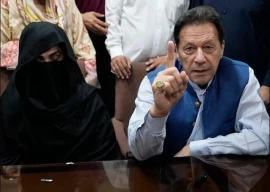



1732012115-0/Untitled-design-(14)1732012115-0-270x192.webp)
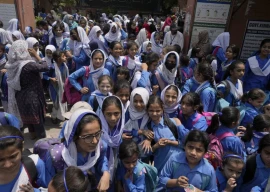
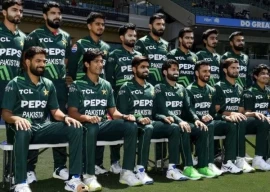

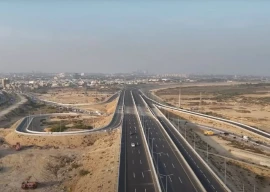
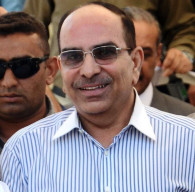
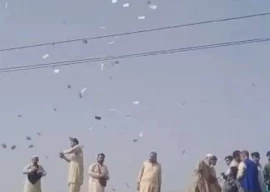






We need to report it and condemn the barbaric acts of terrorism, writing for such incidents and attacks require some courage, we appriciate your courage and extend our condolences for ANP and its supporters
ANP, MQM and/or any other party..... it goes for all- when you are not honest about what needs to be done while you are in control of things, you get to reap what you sow when you are not in control
ANP has been following this policy of "NO VIOLENCE" and "LET OTHERS LIVE THEIR LIVES"for quite some time.This approach to the Pakhtoon culture,has a very dangerous and in some circumstances flawed leadership behavior.Pakhtoon since time immemorial,has been faithfully following the ages old system of "MASHRAAN"or what we call the wisdom of our elders.Our elders endured all kind of hardships,including mass exodus and killing.but never abandoned their fellow Pakhtoons irrespective of their faith. There is also an old saying " A RUDDERLESS BOAT CAN NOT SEE THE BANK".Besides, how much injustices we can afford to take. We were kept illeterare.When Bach Khan started his school system.He was shamelessly opposed and the poetry of those times is still fresh in our minds."Sook che madrasa wye....... But Bacha Khan did not abscond.He fought with sheer will and dedication.He did not surrender.
ANP has been following this policy of "NO VIOLENCE" and "LET OTHERS LIVE THEIR LIVES"for quite some time.This approach to the Pakhtoon culture,has a very dangerous and in some circumstances flawed leadership behavior.Pakhtoon since time immemorial,has been faithfully following the ages old system of "MASHRAAN"or what we call the wisdom of our elders.Our elders endured all kind of hardships,including mass exodus and killing.but never abandoned their fellow Pakhtoons irrespective of their faith. There is also an old saying " A RUDDERLESS BOAT CAN NOT SEE THE BANK".Besides, how much injustices we can afford to take. We were kept illeterare.When Bach Khan started his school system.He was shamelessly opposed and the poetry of those times is still fresh in our minds."Sook che madrasa wye....... But Bacha Khan did not abscond.He fought with sheer will and dedication.He did not surrender.
What about MQM ? Misleading title !